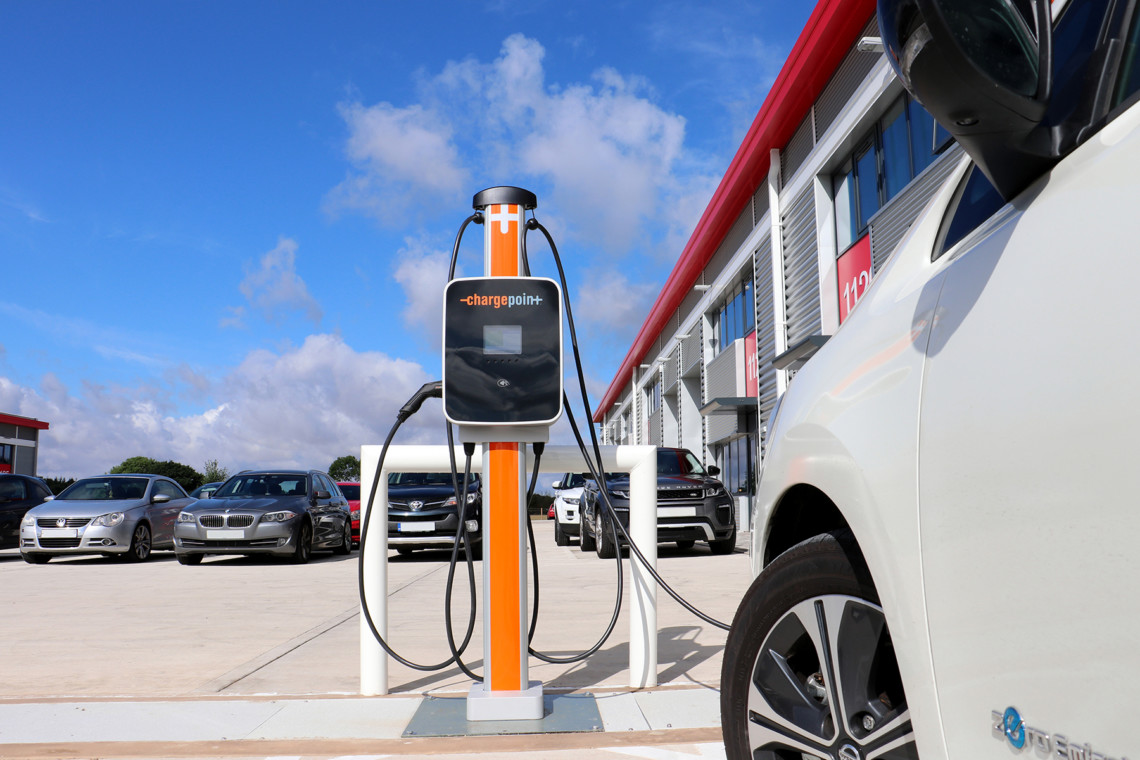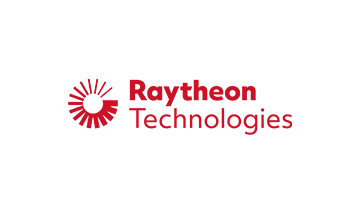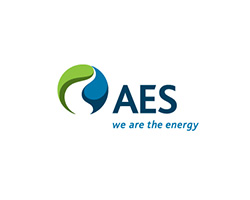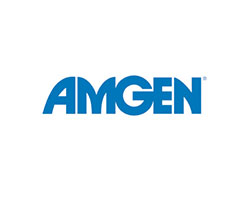
The EU is aiming to deliver a 90% reduction in the transport sector’s emissions by 2050 as part of its Green Deal. In order to achieve this ambition, Europe must reduce the current dependence of road transport on fossil fuels by rolling out low- and zero-emission vehicles. Electric vehicles will play a key role in greening Europe’s transport sector.
How smart charging can fuel the green revolution
As one of the world’s leading electric vehicle charging networks, ChargePoint is an essential component of Europe’s transport revolution. With its smart charging stations, ChargePoint can adapt the charging cycle of electric vehicles to the conditions of the power system and the needs of vehicle users.
Smart charging for electric vehicles can unleash powerful synergies between clean transport and low-carbon electricity. It can simultaneously minimise the load impact of electric vehicles on the energy grid, while unlocking the flexibility to integrate more wind and solar power into the grid. Electronic vehicles can provide services to the energy grid by acting as valuable stores for renewable energy, thereby avoiding curtailment of energy production from renewable sources due to transmission constraints.
ChargePoint in Hamburg: A window on the future
The German port city of Hamburg has launched a large-scale electrification project. ChargePoint is a key partner in the project. The project’s aim is to significantly boost uptake of electric vehicles in the city, by laying the charging infrastructure across private residential buildings, commercial buildings, company premises and multi-storey car parks. The city is subsidising the installation of up to 7,400 private charging points.
A key element of the project is the ‘smart energy management’, which will allow additional energy demand to be met without expanding the grid. To achieve this, ChargePoint has deployed its network friendly smart charging technology. By creating a link between energy suppliers and charging network operators, ChargePoint’s smart charging technology allows energy suppliers to communicate in real time its capacities with charging network operators. Using this information, ChargePoint can then modulate the demand for electricity across its charging infrastructure, according to the information received from energy suppliers. For example, at times of high demand and limited capacity, ChargePoint can reduce the load of electricity being supplied to its charging stations within seconds of receiving notice from energy suppliers. This information is communicated to the ChargePoint customer via a push notification in the integrated Application – letting them know that their vehicle is not charging at full speed due to reduced power supplies, and allowing them to adjust their plans accordingly.
Projects such as these are key to expanding knowledge and confidence in the quality and saleability of mass electrification. ChargePoint is hard at work bringing together the knowledge base of this project and countless others across Europe and the rest of the world. The company is not only reducing emissions through the aiding of electrification, but through providing connected and smart solutions that will help Europe make the most of its commitment to renewable energy.


















































